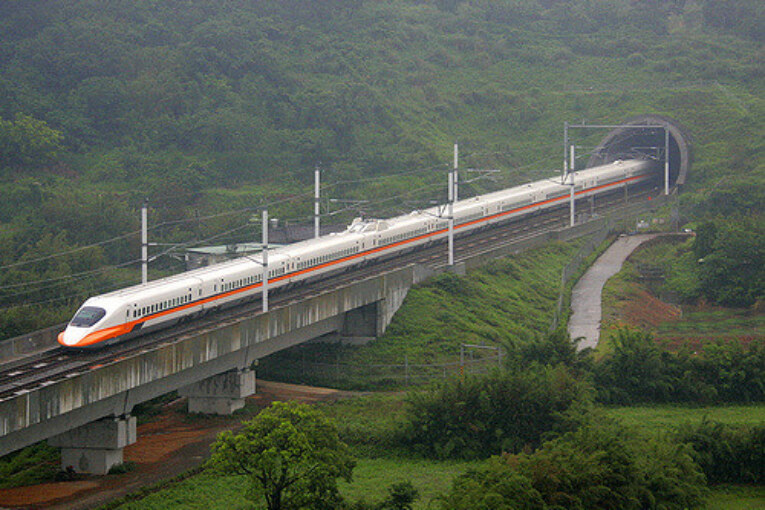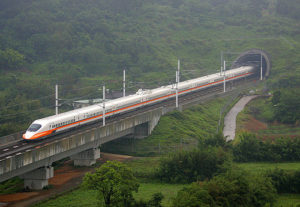
NEW DELHI: A new high-speed railway link expected to be operational by 2023 will cut the journey time from Kashmere Gate in old Delhi to Gurgaon’s Cyber City to roughly 30 minutes from the nearly 90 minutes or more that it takes now.
 The Rapid Rail Transport System (RRTS) route between Delhi and Alwar, via Gurgaon, was unveiled on Saturday by the NCR Transport Corporation (NCRTC) -a special purpose vehicle set up by the Centre to execute the project.
The Rapid Rail Transport System (RRTS) route between Delhi and Alwar, via Gurgaon, was unveiled on Saturday by the NCR Transport Corporation (NCRTC) -a special purpose vehicle set up by the Centre to execute the project.
The Delhi-Alwar route is part of a network of three priority RRTS lines. The Delhi-Alwar route is the longest link, stretching 180km. They are envisaged to bring Haryana, Uttar Pradesh and Rajasthan cities lying at a distance from the capital within a one or two-hour train ride. The other two priority lines are Delhi-Meerut and Delhi-Panipat.
A government official said that the RRTS has been designed like express Metro link with limited stoppage. The trains will cover at least 2km per minute, though the design speed is 3km per minute. Since this will be an exclusive link, there will be no question of delay in the travel time.
A government release said with a six-car (coach) combination to begin with, each train could carry 1,154 passengers. There will be no land acquisition issue since the entire corridor is underground and elevated. On Saturday , NCRTC held the final stakeholders meeting on the Delhi-Rewari-Alwar corridor, which was attended by representatives from Delhi, Haryana, Rajasthan and central governments.
This stretch covering 180.5 km will cost around Rs 37,539 crore. NCRTC chief V K Singh said out of the total 19 stations on the proposed alignment nine stations from ISBT Kashmere Gate to Kherki Dhaula will be underground and the remaining stretch of 124.5km will have 10 stations. All these will be elevated.
Singh said work on the Delhi-Meerut stretch is at an advanced stage where ground clearance is being carried out. He also added that the DPR approved by us is now with the UP government. We expect to get their nod in the next two months. This will be the first corridor to be completed in the next five years.
Though sources admitted that raising finance is a challenge for these projects, around 35-40 per cent of the cost will come as equity from Centre and state governments. The rest 60 per cent will come in the form of financial assistance from multilateral funding agencies.
Officials said the government cannot afford to delay the project works considering the increasing wastage of man-hours and fuel because of growing congestion across the core zone of NCR and particularly all the major inter-city roads.


